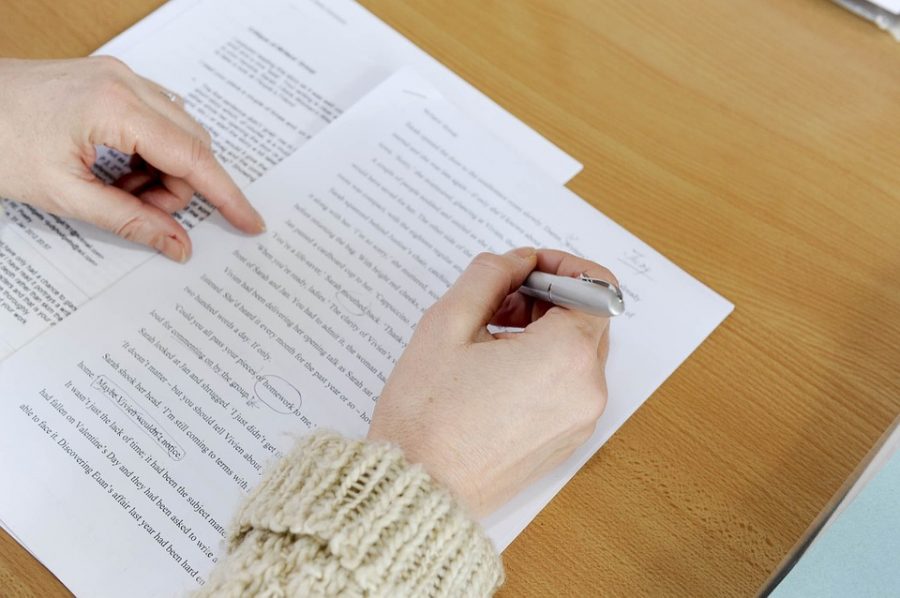“Are you glad to be done with your Writing The Essay class?” I asked my boyfriend, a Stern Finance major, as he clicked submit on his third progression. His answer was brief and sounded like my friend’s response after they took the mandatory class their first or second semester at NYU. “Yeah,” he said. “I just don’t get what why it’s useful to note an author’s style of writing in a bunch of boring materials.” So why does NYU make this class compulsory for most undergraduate colleges?
Take a moment to forget about the evasiveness of getting an A, for which WTE is infamous. Learning the skill of analyzing what you read and putting that to paper has never been more urgent. Whether it be the Mueller report, your favored political party’s manifesto or even a terror group’s online posts: nothing should be taken at face value.
“Learning to write an essay is important because it opens up ways of thinking in a variety of forms,” said CAS Professor Bruce Bromley, senior lecturer in expository writing and winner of the 2006 Golden Dozen Award.
And I couldn’t agree more.
NYU Expository Writing’s website states that the program “reflects the University’s longstanding commitment to the centrality of written inquiry to undergraduate education.” But what is your WTE class supposed to help you inquire? Is it just authors’ styles of writing? Bromley begs to differ.
“My criteria for choosing forms that the class is exposed to is anything that can encourage my students to open their mind to new forms of thinking. I try to choose artists that are historically important so that I can expose my students to works they have never seen before,” Bromley said.
Bromley chooses what his class is exposed to with the intention of broadening students’ minds to form original ideas about the culture in which they live. His aim is to encourage students to ask how and why the world they are exposed to came to be.
Not all students gain inquiry and analysis skills from their writing class. Rithika Reddy, a CAS first-year studying Economics and Public Policy, said her biggest take away from her writing class was the technicality of referencing.
“WTE helped me polish my essays for other classes,” she said. “Now I know how to structure my references.”
When probed as to whether she learned more about reflective thinking and expression of ideas in her WTE class, she shrugs.
“Not really,” she said.
Stern first-year Anuvrat Pandey struggled with the harsh grading that is characteristic of the class.
“You work hard, and your professor says you’re doing great,” he said, “but then you turn in your paper and make a flat B.”
Professor Bromley believes that due to the “size and varieties of student responses to our shared works,” the program could only benefit from more dialogue between students and faculty. Turns out those student evaluations that NYU is forever emailing us about are more important than you think. This is the only way to ensure that your WTE class leaves you with ideas bigger than yourself.
“Op-Ed Your Eyes” is a commentary on current affairs, and Diya’s goal is to make her readers more aware about what’s happening in the world.
Opinions expressed on the editorial pages are not necessarily those of WSN, and our publication of opinions is not an endorsement of them.
Diya Jain is a first-year in CAS studying economics. Email Diya Jain at [email protected].























































































































































